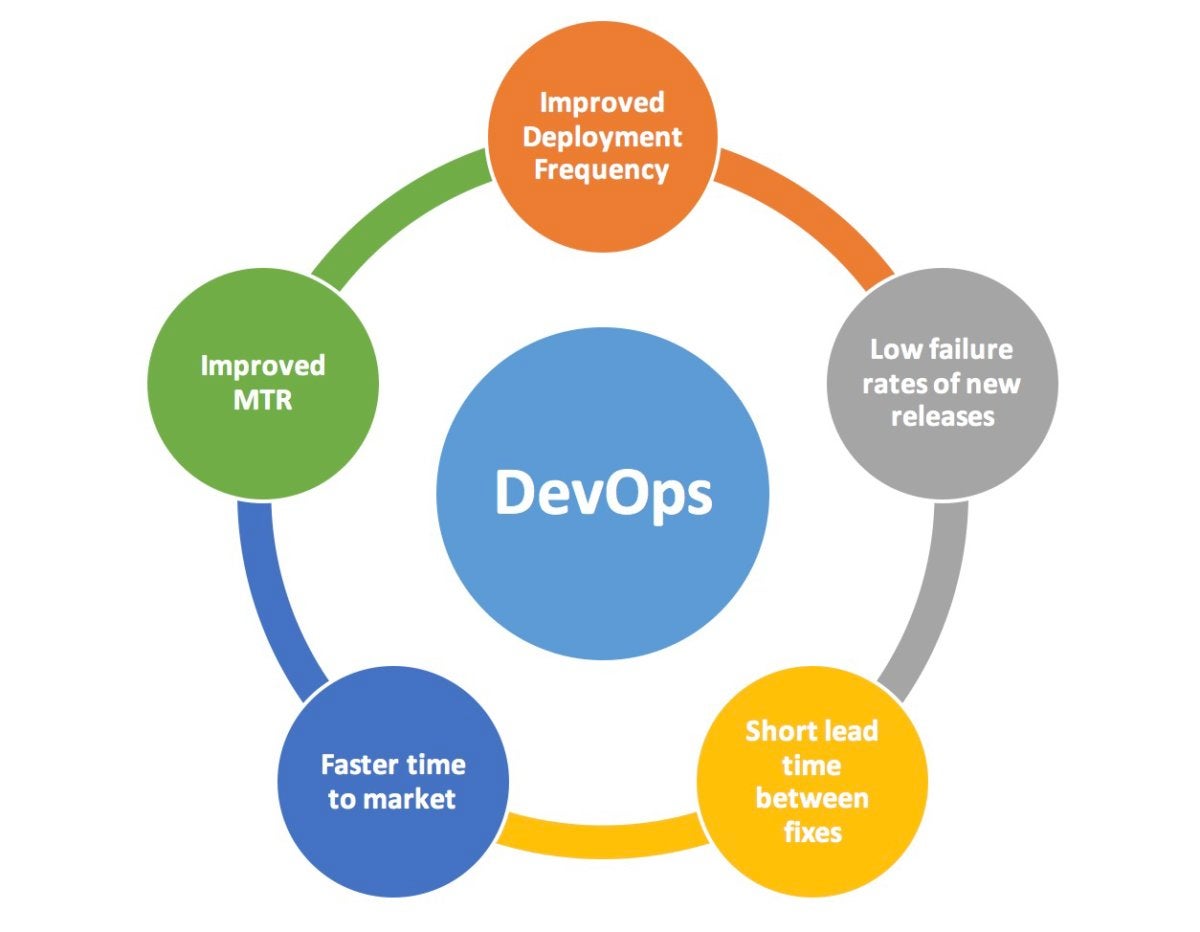In the particular fast-paced world involving software development, the integration of Artificial Intelligence (AI) into test automation in the DevOps framework has proven in order to be a game-changer. AI-driven test automation enhances efficiency, precision, and speed, modifying how organizations strategy software testing and even deployment. This short article explores successful AI test automation implementations in DevOps through actual case studies, featuring the benefits in addition to best practices made from these experiences.
Case Study a single: Leading E-Commerce Program
Background:
A primary e-commerce platform faced significant challenges along with its traditional analyze automation processes. Typically the company struggled along with maintaining a significant test suite, repeated test failures, plus lengthy release periods. With millions regarding users and frequent updates, the advantages of the more efficient screening approach was important.
AI Test Motorisation Implementation:
The firm decided to implement a great AI-driven test automation framework that utilized machine learning (ML) algorithms to anticipate potential failure items and optimize test out coverage. The crucial components of their particular implementation included:
Self-Healing Tests: AI algorithms were employed to be able to automatically adjust analyze scripts when changes in the user interface happened, reducing maintenance initiatives.
Test Prioritization: Machine learning models assessed historical test data to prioritize test cases based on their probability of malfunction and effect on clients.
Anomaly Detection: AJE systems were included to detect anomalies in test effects, allowing for quicker identification and resolution of issues.
Effects:
Reduced Test Maintenance: The self-healing capability led to a significant decrease in manual test script improvements, freeing up solutions for other duties.
Faster Release Cycles: By prioritizing tests and focusing on high-impact areas, the company reduced their release cycle time by 30%.
Increased Test Accuracy: Abnormality detection improved typically the accuracy of test out results, resulting in even more reliable software launches.
Case Study 2: Global Financial Services Company
Background:
A worldwide financial services firm needed to deal with the challenges involving ensuring compliance in addition to performance across it is complex IT infrastructure. The firm’s handbook testing approach had been proving inadequate for handling the scale and complexity regarding their applications.
AI Test Automation Execution:
The firm executed an AI-based test out automation solution along with the following important features:
Natural Terminology Processing (NLP): AI-driven NLP tools had been used to assess and generate test cases from organization requirements and end user stories, ensuring comprehensive coverage.
Predictive Analytics: Predictive models had been developed to outlook potential risks and performance bottlenecks centered on historical info and current trends.
Automated Test Situation Generation: AI algorithms automatically generated test out cases and cases, adapting to modifications in our application environment.
Benefits:
Enhanced Test Insurance: NLP tools made certain that test circumstances were derived directly from business requirements, bringing about improved test insurance.
Risk Mitigation: Predictive analytics enabled the firm to proactively address potential concerns, reducing the probability of critical disappointments.
Efficient Resource Usage: Automated test case generation streamlined typically the testing process, permitting the firm to focus on strategic tasks instead of manual test development.
Case Study 3: Healthcare Technology Service provider
Background:
A health care technology provider confronted the challenge of preserving high-quality standards regarding its software goods while adhering to stringent regulatory requirements. The particular traditional testing procedures were not keeping pace with typically the rapid development and even deployment cycles.
AI Test Automation Execution:
The provider adopted an AI-powered test out automation strategy together with the following elements:
AI-Driven Regression Tests: AI algorithms were employed to evaluate code changes and even identify the the majority of relevant regression testing to run, reducing the time invested on redundant testing.
Visual Testing: AI-based visual testing resources were utilized to verify that user interfaces rendered correctly around various devices in addition to screen sizes.
Ongoing Feedback Loop: An AI system was integrated into the particular CI/CD pipeline to deliver continuous feedback in test results and even quality metrics.
Benefits:
Accelerated Regression Testing: By focusing in relevant tests, the provider reduced regression testing time by 40%, speeding upwards the release method.
Improved UI Persistence: Visual testing ensured that user barrière were consistent and met quality requirements, enhancing user expertise.
Faster Issue Resolution: Continuous feedback allowed for quicker identification and resolution of problems, improving overall computer software quality.
Best Procedures for AI Analyze Automation in DevOps
Based upon these case studies, several greatest practices emerge for successful AI check automation implementations inside DevOps:
Focus on Crystal clear Objectives: Define certain goals for AI test automation, these kinds of as reducing test maintenance or improving test accuracy, to guide the implementation process.
browse around here Existing Data: Utilize historical test out data to coach AI models and even enhance their effectiveness inside predicting failures and optimizing test protection.
Integrate with CI/CD: Make certain that AI test automation tools usually are seamlessly integrated straight into the CI/CD pipe to provide ongoing feedback and support agile development practices.
Prioritize Key Areas: Use AI in order to prioritize tests based on their impact and even likelihood of malfunction, focusing resources upon high-priority areas.
Keep an eye on and Adapt: Consistently monitor the performance of AI-driven analyze automation and adjust the approach based on evolving demands and emerging technologies.
Conclusion
The mixing associated with AI into analyze automation in the DevOps framework offers considerable advantages, including increased efficiency, accuracy, and speed. The truth studies presented demonstrate how organizations across numerous industries have successfully implemented AI-driven check automation solutions, leading to improved software program quality and quicker release cycles. By using best practices in addition to leveraging AI technology, organizations can accomplish a more efficient and streamlined assessment process, ultimately generating greater success within their software development attempts.
Situation Studies: Successful AJE Test Automation Implementations in DevOps
26
Ago
